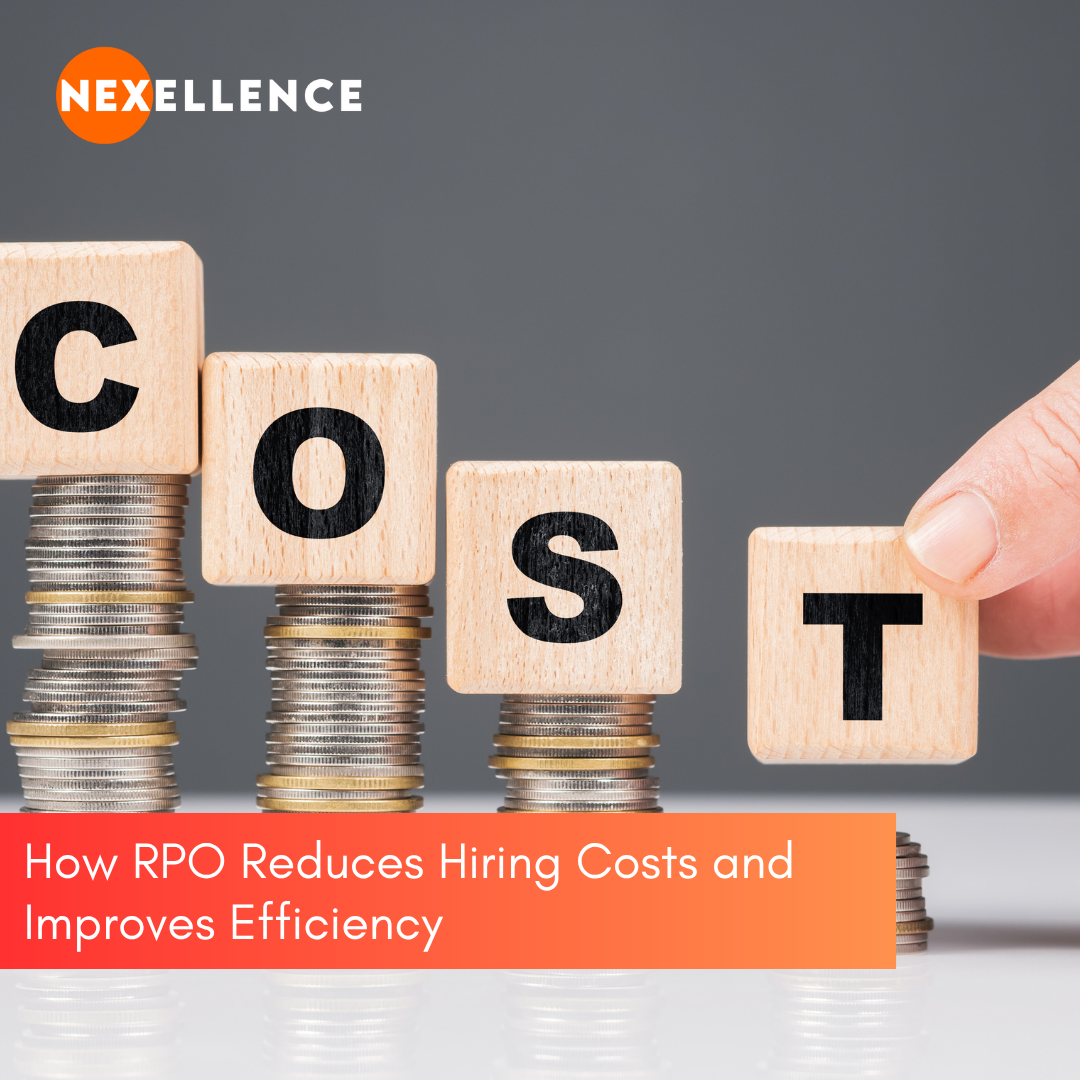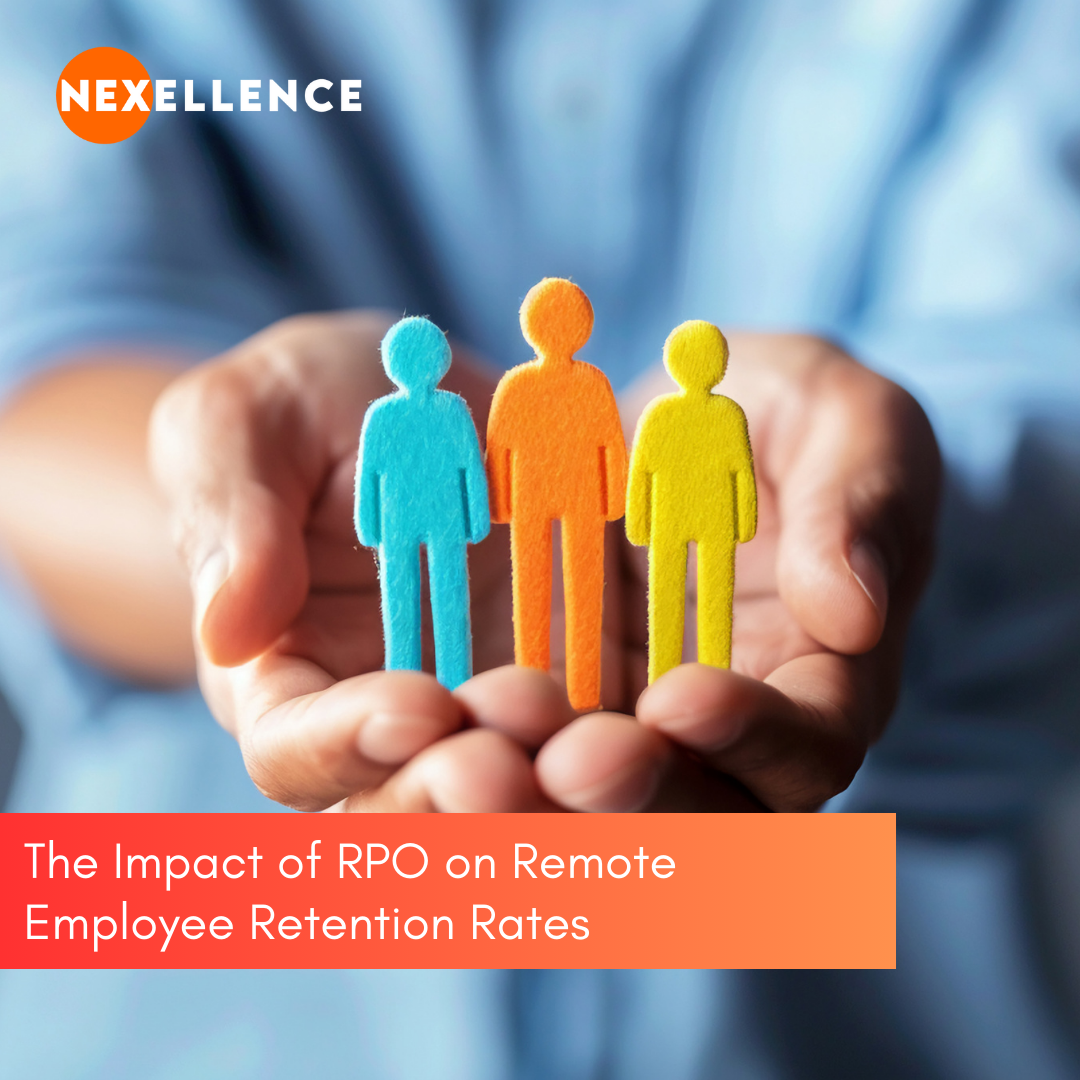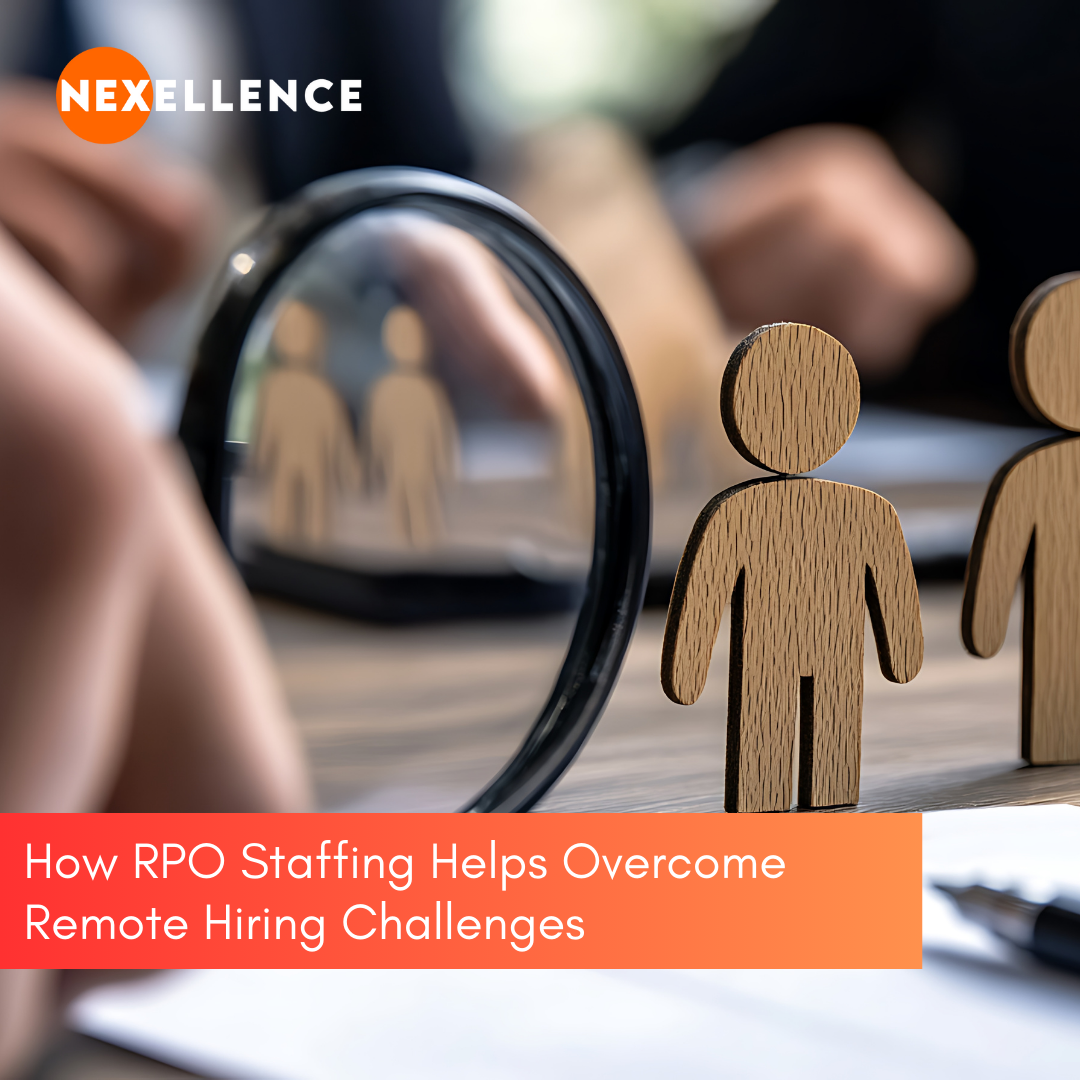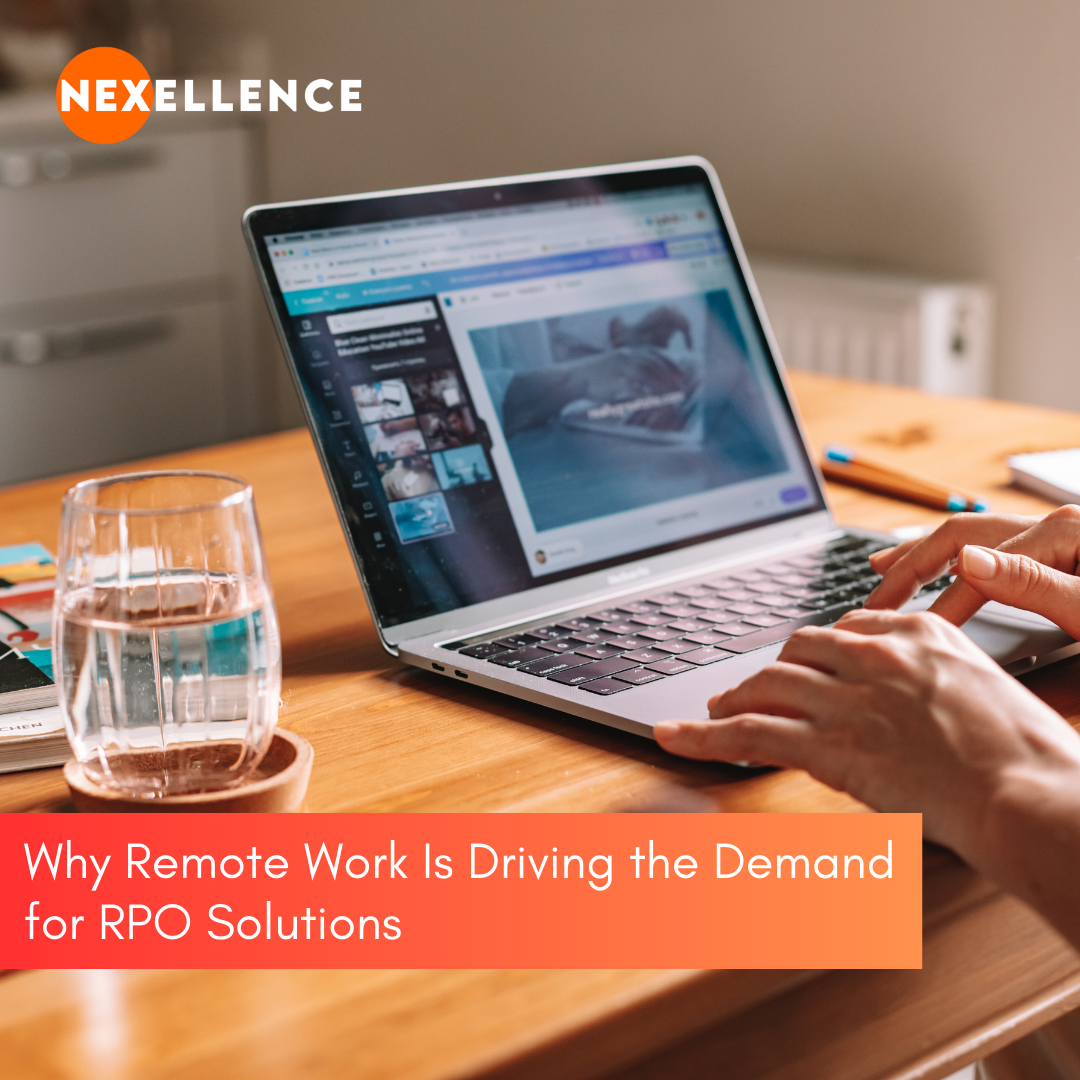Hiring the right talent is crucial to business success, but doing it efficiently and cost-effectively is often a major challenge—especially in competitive industries or during periods of rapid growth. That’s where Recruitment Process Outsourcing (RPO) steps in. By partnering with an RPO provider, companies can streamline their hiring processes, reduce costs, and significantly improve efficiency.
Let’s break down how RPO delivers on these promises.
1. Lower Cost-Per-Hire
One of the most immediate and tangible benefits of RPO is reduced recruitment costs. Here’s how:
- Economies of Scale: RPO providers recruit at volume across multiple clients. This allows them to negotiate better rates with job boards, background check vendors, and recruitment tech platforms.
- Reduced Agency Fees: RPO eliminates the need for expensive third-party staffing agencies that charge high placement fees.
- Predictable Pricing Models: Many RPOs offer fixed or scalable pricing models, helping companies better control and forecast their recruitment budget.
Result? Companies often see a 30-50% reduction in cost-per-hire.
2. Faster Time-to-Hire
Every day a position goes unfilled, it costs the business money. RPO providers help slash time-to-hire through:
- Dedicated Talent Pools: RPO teams often have pre-vetted candidates ready to go, speeding up the hiring cycle.
- Automation Tools: From resume parsing to interview scheduling, RPO providers use advanced technology to cut down delays.
- Streamlined Processes: They bring in proven methodologies that remove bottlenecks in the recruitment workflow.
This enables businesses to fill roles faster, ensuring less disruption to operations.
3. Access to Better Talent
A key reason hiring is slow and costly internally is the difficulty in finding qualified candidates. RPO providers bring:
- Specialized Recruiters: Industry-specific recruiters who know where and how to find top talent.
- Advanced Sourcing Techniques: RPO firms use AI tools, market maps, and passive sourcing methods to reach talent that in-house teams often miss.
- Stronger Employer Branding: They help polish your brand’s reputation in the job market, attracting better candidates organically.
With better-quality hires, companies see reduced turnover and improved productivity—further driving long-term savings.
4. Scalability and Flexibility
Hiring needs fluctuate—whether seasonally, due to project launches, or during mergers. RPO adapts accordingly:
- On-Demand Scaling: Ramp recruitment efforts up or down without the overhead of hiring or laying off in-house recruiters.
- Project-Based Solutions: Need to hire 100 roles in 3 months? RPO can structure a project team to deliver exactly that.
- Geographic Expansion: Entering a new market? RPOs can provide local hiring support instantly.
This flexibility ensures you’re never under- or over-resourced when it comes to talent acquisition.
5. Data-Driven Decision Making
RPO providers bring powerful analytics and insights that in-house teams often lack:
- Hiring Dashboards: Real-time visibility into pipeline metrics, candidate sources, and recruitment bottlenecks.
- Market Intelligence: Salary benchmarks, talent availability, and competitor insights help optimize your hiring strategy.
- Continuous Improvement: Metrics like time-to-fill, offer acceptance rate, and quality-of-hire are constantly tracked and improved.
This leads to smarter, faster, and more informed hiring decisions.
6. Reduced Administrative Burden
Recruitment comes with paperwork, compliance, and coordination. RPOs take this off your plate by:
- Managing background checks, reference verification, and onboarding tasks
- Ensuring compliance with local labor laws and hiring practices
- Coordinating across departments, hiring managers, and candidates
This frees up HR teams to focus on strategic initiatives instead of day-to-day logistics.





